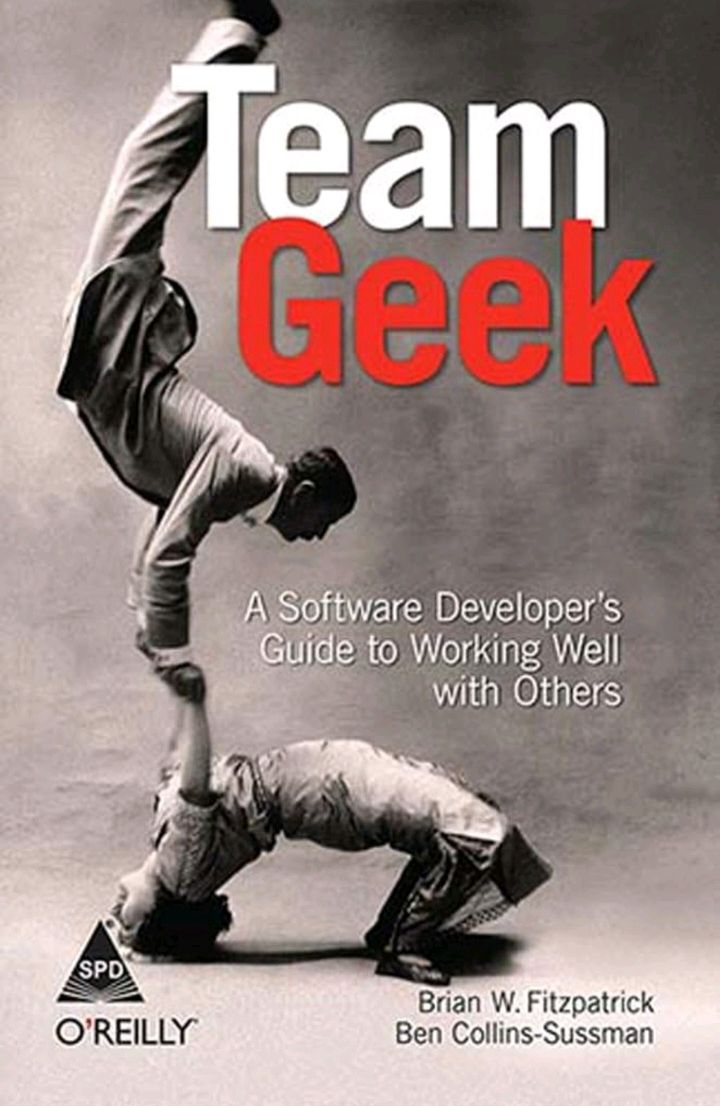Audio available in app
Managing feedback in crosscultural teams requires sensitivity from "summary" of The Culture Map (INTL ED) by Erin Meyer
When working with cross-cultural teams, giving and receiving feedback can be a tricky process. Different cultures have varying norms and expectations when it comes to communication styles and feedback. For example, in some cultures, feedback is given directly and bluntly, while in others, it is more subtle and indirect. This can lead to misunderstandings and hurt feelings if team members are not aware of these differences. To navigate this complexity, it is essential to approach feedback with sensitivity and awareness of cultural differences. For instance, in a high-context culture like Japan, feedback is often communicated implicitly through non-verbal cues and subtle hints. In contrast, in a low-context culture like the United States, feedback is typically given directly and explicitly. Understanding these cultural differences can help team members interpret feedback more accurately and avoid miscommunication. Moreover, when giving feedback to colleagues from different cultural backgrounds, it is crucial to consider their cultural preferences and adapt your communication style accordingly. For example, praising someone publicly may be well-received in some cultures but seen as embarrassing in others. By being sensitive to these cultural nuances, you can ensure that your feedback is received positively and effectively. In addition, it is essential to create a safe and inclusive environment for giving and receiving feedback in cross-cultural teams. Team members should feel comfortable sharing their opinions and receiving criticism without fear of judgment or misunderstanding. By fostering a culture of open communication and mutual respect, team members can navigate cultural differences more effectively and work together harmoniously.- Managing feedback in cross-cultural teams requires a high level of sensitivity and cultural awareness. By understanding and respecting cultural differences in communication styles, adapting your feedback approach, and creating a supportive environment for open communication, team members can collaborate more effectively and achieve their goals successfully.
Similar Posts
Maintaining a positive attitude can help you overcome challenges
When facing challenges in your career or personal life, maintaining a positive attitude can make a significant difference. It i...
Learn to say no to unnecessary commitments
One of the keys to mastering your focus is learning to say no to unnecessary commitments. This is a crucial skill to develop in...
Trust in your abilities and potential
When you trust in your abilities and potential, you are essentially placing confidence in yourself to achieve your goals and dr...

Managers should set challenging yet achievable goals
The key to effective goal-setting lies in striking the delicate balance between pushing employees to achieve more while ensurin...

Recognize and reward behaviors that align with the group's values
One of the key principles of creating a strong culture within a group is the importance of recognizing and rewarding behaviors ...

Accept criticism for personal growth
The idea of accepting criticism for personal growth is a difficult one for many of us. It goes against our instincts to defend ...
Silence can also be a form of communication
Silence, often misunderstood as the absence of communication, can actually speak volumes. It can convey a sense of unease, tens...
Trust in your abilities to overcome challenges
When faced with challenges in life, it is essential to have faith in your own capabilities. Believe that you have what it takes...

Practice active listening
Active listening is more than just hearing the words someone is saying; it involves fully engaging with the speaker and demonst...
Decisionmaking is a critical aspect of leadership
One of the most essential elements of effective leadership is the ability to make decisions. This is especially true when consi...

